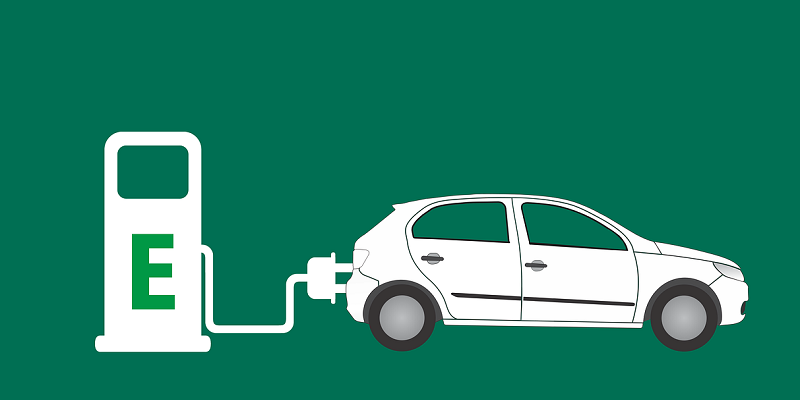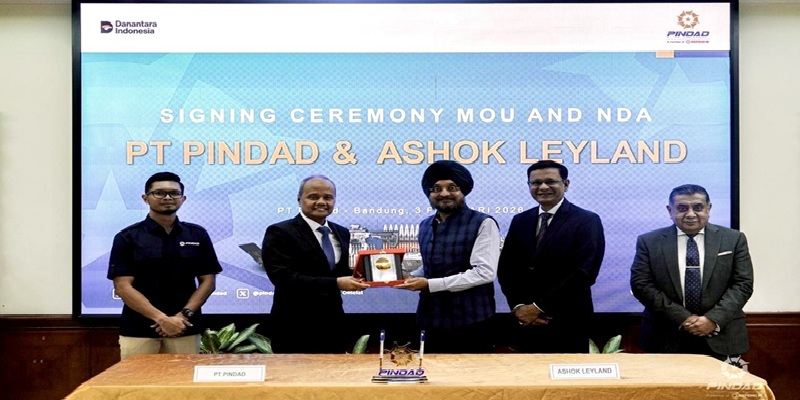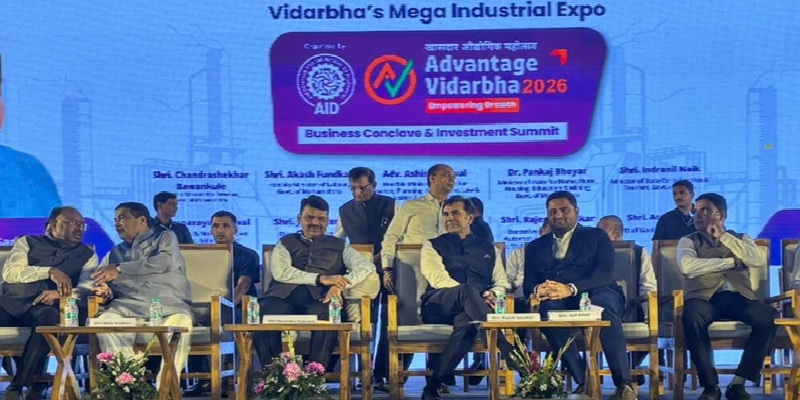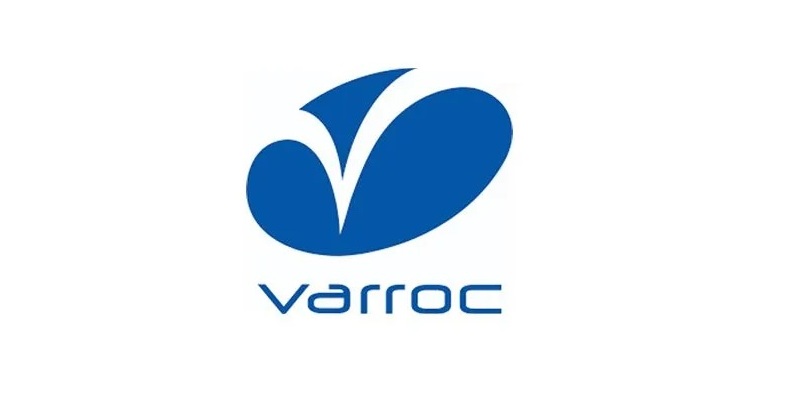Schedule a Call Back
Critical EV components to be localised by 2030
 Industry News
Industry News- Jul 03,24

Related Stories

Ashok Leyland, PT Pindad Partner for Electric Buses and Defence Vehicles
Ashok Leyland has signed an MoU with Indonesia’s PT Pindad to jointly develop and manufacture electric buses and defence vehicles, supporting sustainable mobility and modern defence needs.
Read more
Mahindra to Set Up Largest Auto and Tractor Manufacturing Facility in Maharashtra
Mahindra Group will invest Rs 150 billion to develop its largest integrated auto and tractor manufacturing facility in Nagpur, strengthening Maharashtra’s manufacturing ecosystem.
Read more
Varroc Secures Six-Year EV Charger Supply Deal with Global OEM
Varroc has won a six-year supply agreement with a global EV OEM to deliver AC bi-directional wall chargers, reinforcing its growing role in the global electric mobility and passenger vehicle electro..
Read moreRelated Products

Automotive Oil Pump
Kalpak Auto Pvt Ltd offers a wide range of
automotive oil pump.
Tata Motors unveils facilities for development of Hydrogen propulsion tech
Tata Motors, India?s largest automobile company, unveiled two state-of-the-art & new-age R&D facilities for meeting its mission of offering sustainable mobility solutions. The unveilings constitute of Read more
Tata Motors plans petrol powertrain for Harrier and Safari SUVs
Tata Motors is in the process of developing a new petrol powertrain for its premium sports utility vehicles, the Harrier and Safari, as confirmed by a senior company official. Currently, these models Read more














